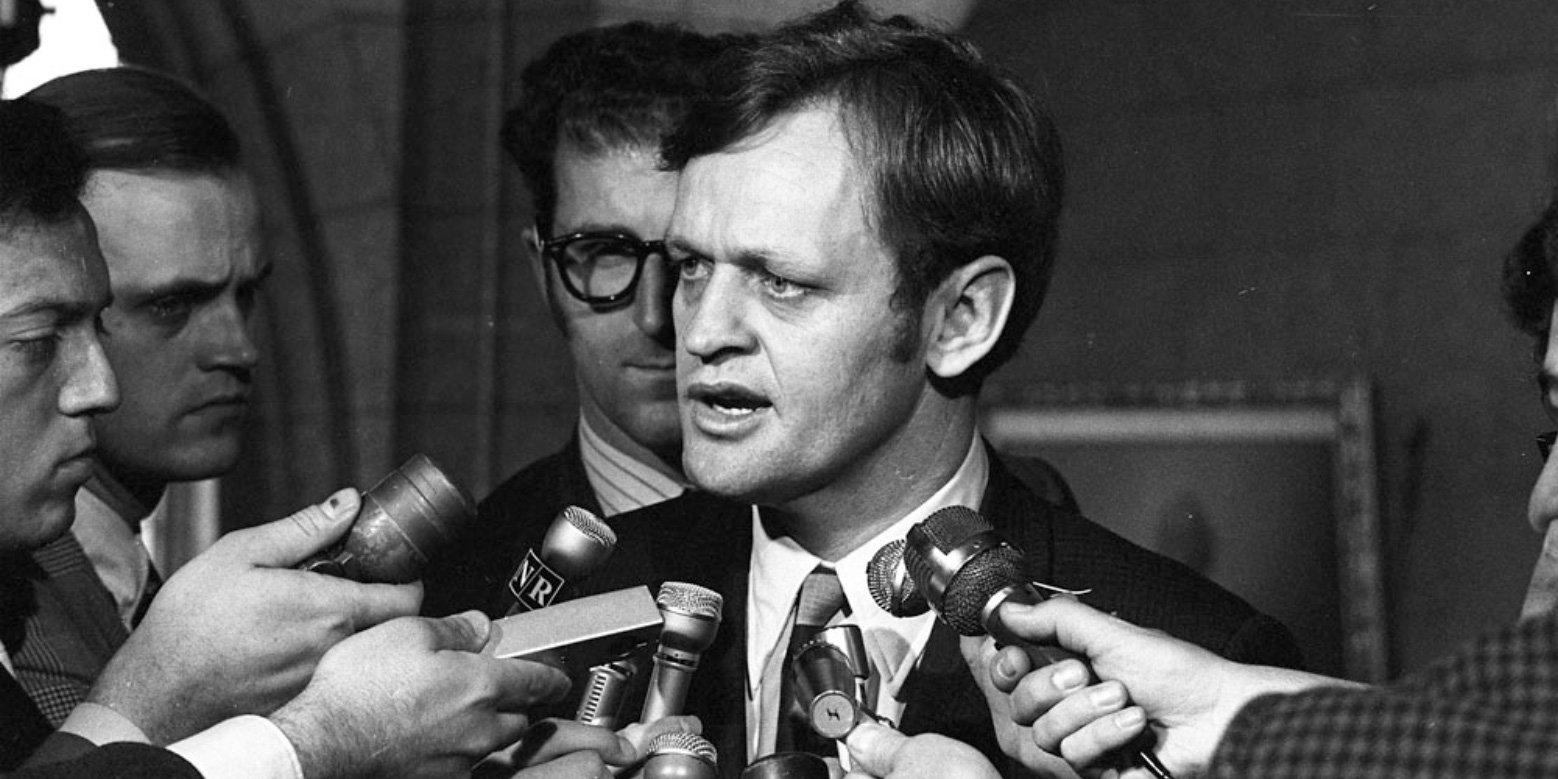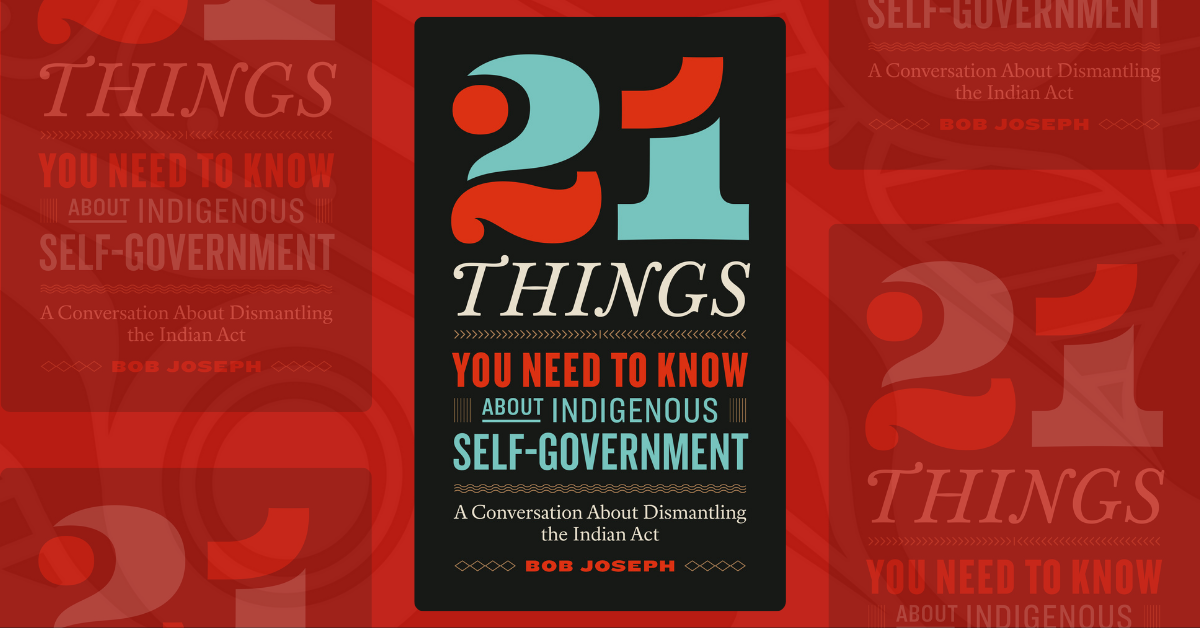The Red Paper: A Counter-Punch to the White Paper
There have been watershed moments in the history of Canada in which Indigenous leaders, outside of the courts, have stood up for their rights to the...

At the Liberal Party of Canada biennial convention in Montreal in February 2014, party members voted on a number of policy resolutions. Of particular interest to me was the resolution to reject the 1969 White Paper on Indian Policy, whose authors included Prime Minister Pierre Trudeau.
The following is a quote from the 4th edition of our book, Working Effectively with Indigenous Peoples®:
In 1969, the government of Canada introduced a White Paper on Indian Policy, which called for the removal of the Indian Act, the transfer of reserve lands to individuals, and the removal of the federal government’s fiduciary duty. It was regarded as the final instrument in the long standing policy of Indian assimilation. Indigenous leaders vehemently opposed the imposition of the White Paper recommendations as they believed the recommendations would result in significantly worse living conditions than those that existed in the era that followed the Residential School debacle.
Confronted by Indigenous opposition to the White Paper from coast to coast, the federal government withdrew the initiative in 1971, replacing it with the “Core Funding Program” – supplying Indigenous groups with resources to promote their causes through research, publication and legal action.
Shortly thereafter came a commitment by the then Minister of Indian Affairs, Jean Chrétien, to begin negotiations with the Nisga’a Nation and to begin the process of treaty-making in northern and western Canada. In 2000, as the Prime Minister of Canada, Jean Chrétien saw the completion of the Nisga’a Final Agreement bringing the negotiations that he initiated to fruition.
Below is the actual wording of the resolution to reject the 1969 White Paper:
21. Acknowledging the Past in Order to Move Forward: A Resolution to Officially Reject The 1969 White Paper
WHEREAS the Liberal Party of Canada introduced ‘The White Paper’ in 1969 that sought to abolish the Indian Act, the legal relationship and nation-to-nation relationship between the Indigenous nations and Canada;
WHEREAS ‘The White Paper’ was not agreed to by the Indigenous nations who agreed to share with Canada the lands and resources that are within its borders;
WHEREAS the introduction of ‘The White Paper,’ in 1969, despite abandonment by the Liberal Party of Canada, has continued to undermine the Liberal Party of Canada’s relationships with Indigenous peoples due to little or no recognition by the of the impact such a policy could have;
WHEREAS Indigenous philosophies require the past be recognized and accounted for in order to foster better relationships and a path forward;
WHEREAS public acknowledgement by the Liberal Party of Canada that ‘The White Paper’ was a serious mistake will help build strong relationships and assist both sides of the Treaty relationship to move forward;
BE IT RESOLVED THAT the Liberal Party of Canada, through its membership, national board, and elected representatives, at the 2014 Biennial Convention openly and with regret acknowledge that ‘The White Paper’ of 1969 was a serious mistake for the Party to consider and officially renounce what it stands for;
BE IT FURTHER RESOLVED THAT the Liberal Party of Canada will not repeat the mistakes of the past and strive for meaningful consultation when considering legislation and policy that impact the rights of Indigenous peoples.
It will be interesting to see the reaction of Indigenous Peoples in Canada in the days and months ahead. From a working effectively perspective, there is much value in relationships and to maintain them on occasion requires acknowledgement and a commitment to move forward in new ways both of which we see reflected in the Resolution. I believe practitioners can apply this acknowledgement approach to everything they do as opposed to trying to ignore or deflect problems.
If you are interested in learning more about the history of Indigenous Peoples and how it can impact your engagement, check out our Indigenous Awareness training.
Featured photo: Jean Chrétien, White Paper Announcement, June 1969. Photo: Duncan Cameron / Library and Archives Canada / e011065954

There have been watershed moments in the history of Canada in which Indigenous leaders, outside of the courts, have stood up for their rights to the...

While writing my new book, 21 Things™ You Need to Know About Indigenous Self-Government, many people asked me, “why this book and why now?” The...

Indigenous awareness is a broad term – I know because my onsite and public workshops are dedicated to helping people understand the full extent of...